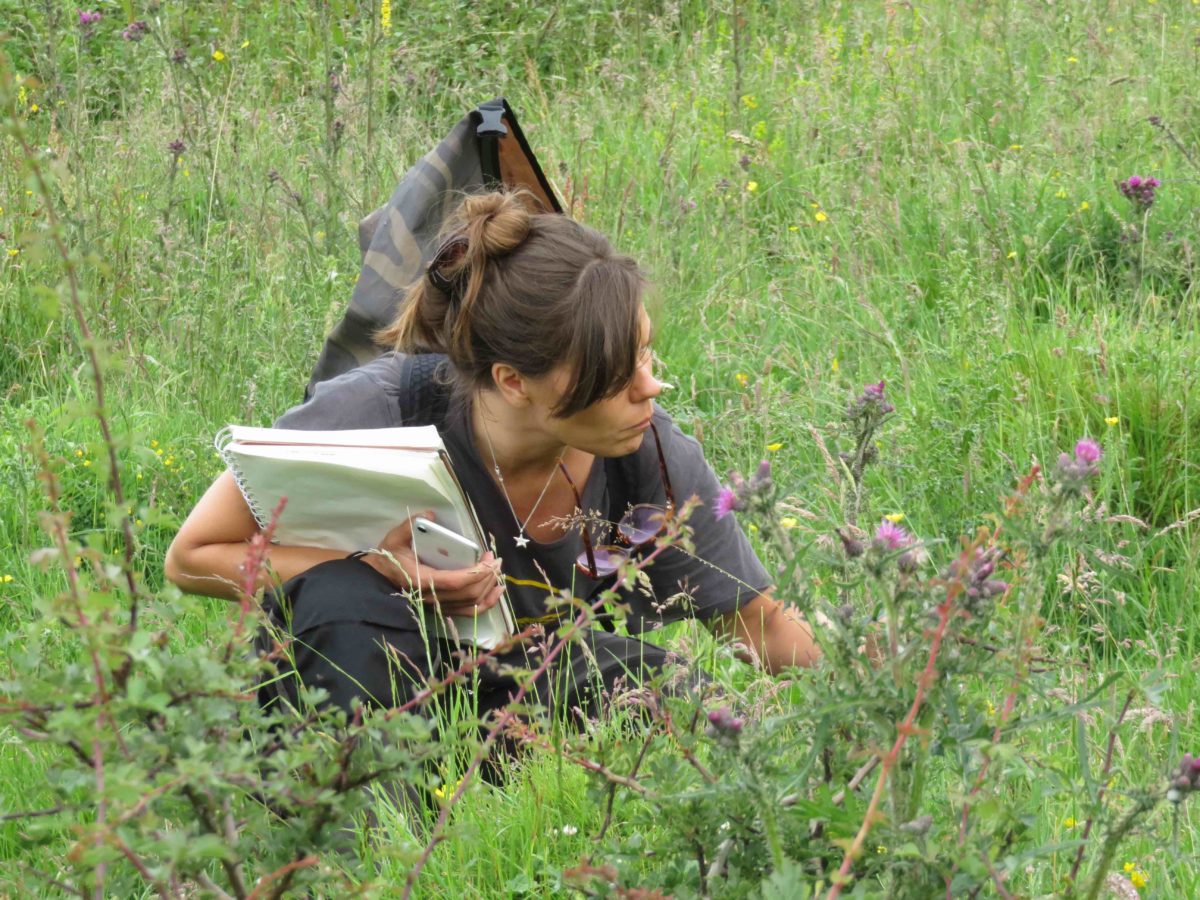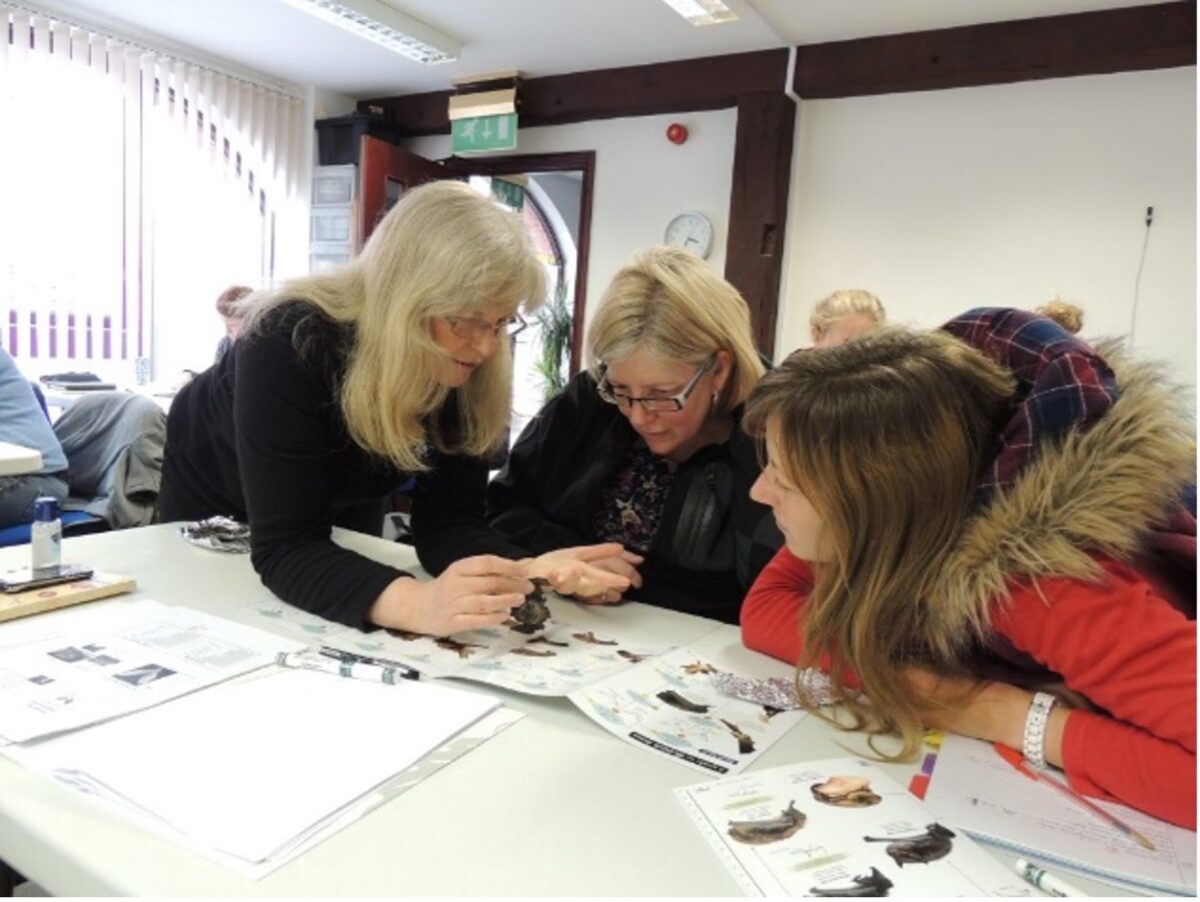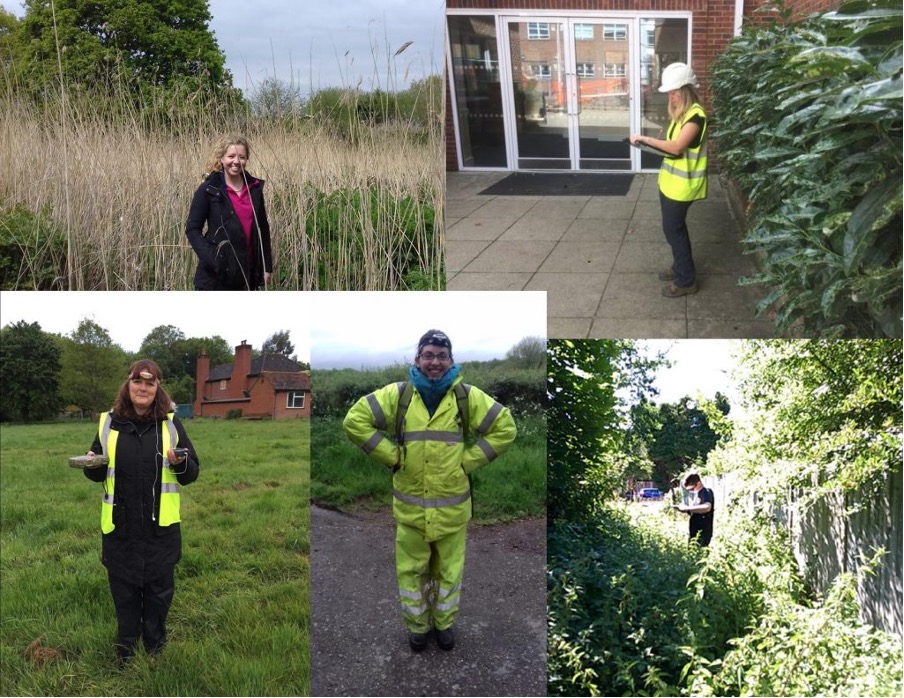Our principal ecologist, Sue Searle takes us through the qualifications and experience you need to start your career in ecological consultancy.
I recently gave a career talk on Ecological Consultancy and thought it would make a good subject for a blog. I was asked about qualifications, backgrounds and experience. These are questions people ask quite regularly so hopefully, we can answer a few of them here.
There are many roads to this career so in this article, I want to share the main ones.

What qualifications do I need to get into ecological consultancy?
First, let’s start with the academic qualifications. Almost every ecological consultancy will look for a degree in a relevant subject, such as biology, zoology, environmental science or ecology. This will let your employer know that you can think a project through and write a report. It’s good to have a scientific background. Ecology reports are laid out in a similar way to reports you would produce during a degree course.
So what if you don’t have a degree? Or your degree is in something totally different? This will be harder as you will need to evidence your experience elsewhere. You may need to do some work experience or volunteering. So this can also be a good way for you to find out more about consultancy and whether you like it enough to put in the hard work it’s going to ask of you!
Work Experience for Ecological Consultancy
Work experience can mean many things, from voluntary work or subcontracting to courses and events. It’s a list of your different relevant experiences. Much of it is likely to be voluntary at first so you need to make sure that you are getting the most out of it. Working for a fantastic organisation, but only ever doing the filing is not going to be any help to you!
How to Get Work Experience
Decide what you want out of your experience – is it survey experience, working towards a survey licence, identification practice, or something to put on your CV? Whether it’s a couple of days or a few months, you need to focus on what you want from it.
Work experience with an Ecological Consultancy
Every consultancy is different. So ask around. Find out what sort of jobs you can help them with and what you might get out of it too. You might help them collate all their species records to send to the local records centre and in between, you will hopefully get out on a few surveys and learn what’s involved in the job.
Some consultancies have specialities, such as bat work or newts or habitat management. Find out what they do and how you can get involved. You can often get paid subcontractor work doing bat, reptile and newt surveys so do offer your services. It might be wise to do some sort of training first so you know the background of these species. Our online and taught courses are all designed to get you on the right path for this. Email me if you want advice or help choosing the right courses.
Wildlife Groups
Every county will have some sort of wildlife group. In addition, there are plenty of bat groups, mammal groups, bird groups, amphibian and reptiles groups, the Wildlife Trusts, National Trust, RSPB, and other organisations and charities big and small that will have volunteering opportunities. Some are far more active than others. Also, some may offer big commitments, others might be ad hoc. Go along to meetings, chat to other members and join in. As well as learning from events, it’s a great way to meet people. It is often the people we meet in the groups that will open doors to other opportunities.

Courses
There are plenty of courses out there. Make sure, if you are paying for a course, that you attend one from someone reputable such as PTES, The Mammal Society, FSC and of course, Ecology Training UK who have been providing training courses for over 15 years (previously as Acorn Ecology). There are often free courses and events run by wildlife groups. Ask whether your local group runs these and how you can take part.
Other requirements
A question that comes up often is about driving. It is important to be able to drive to sites. Many sites are remote with no public transport. Plus, often you need to be there at unsociable times of the day. If you don’t drive it isn’t always a problem, as many companies send ecologists out in pairs, but it does mean that you are always reliant on someone else. However, if you can learn to drive, then I would really recommend doing so. If you can’t drive for some reason then you will need to discuss this with potential employers.
Good computer skills are also very useful; being out on surveys is great, but your survey notes will need typing up too. A good knowledge of Microsoft office is a key requirement. You could impress potential employers by doing a touch-typing course. There are plenty available on the internet. Something to keep you busy! Additionally, skills such as GIS, bat sound analysis or R-stats is always a bonus.
You will also need to be physically fit and love the outdoors. Being able to work long, strange hours, keep positive and motivated and remain professional at all times are all key personality traits. It can be a difficult job in that way. Whether you work with a big consultancy or a small one, you will need to keep going. Remember to look after yourself!

Ecology Training UK’s Certificate Course
In 2008 I launched the Certificate in Ecological Consultancy Course, whilst running Acorn Ecology, to offer a real alternative to an MSc. During this course, we teach you the key skills you need to become a praciticing ecologist, whilst offering careers advice too. By the time graduation comes along, it is always great to see how confident the students are in their abilities and to hear about how many of them have already taken steps in their careers and been employed.
CPD
Even when you are an ecologist, there are always new things to learn. As you progress in your career you will start working towards and gaining your protected species licences, preparing mitigation licenses and becoming more specialised. Ecology Training UK runs several of advanced courses, looking at protected species and developments.
How to Start an Ecological Consultancy: The Business Blueprint
If you have the skills needed, you might want to consider setting up your own ecological consultancy. We have a lot of experience in setting up an ecological consultancy, and we want to help you do the same. That’s why we created The Business Blueprint. This course takes you through every step you need to set up your own ecological consultancy. It includes information on finances, legal requirements, marketing, setting up premises and much more. We want to help you avoid making the same mistakes we made, and bypass expensive business coaching. This course was written for ecologists, by ecologists. The course online, with 6 webinars to give you extra support and learning along the way.
And finally…
Don’t forget! I have written a book called ‘How to become an ecological consultant’ it’s in its 3rd Edition (2020). The book is available from Amazon, or our shop as a PDF.
However you get there, I wish you luck embarking on your career as an ecologist and if I can help in any way please do get in touch.
Sue Searle
Principal Ecologist
Ecology Training UK



